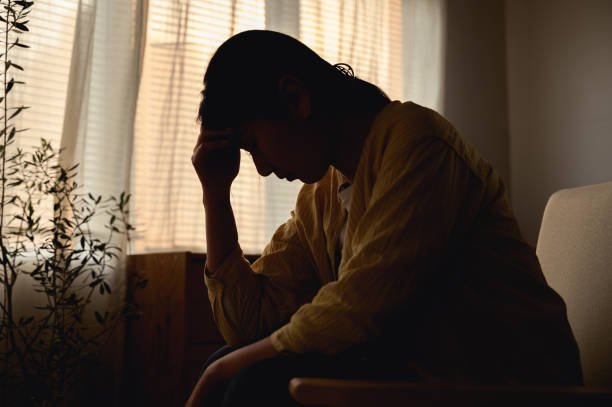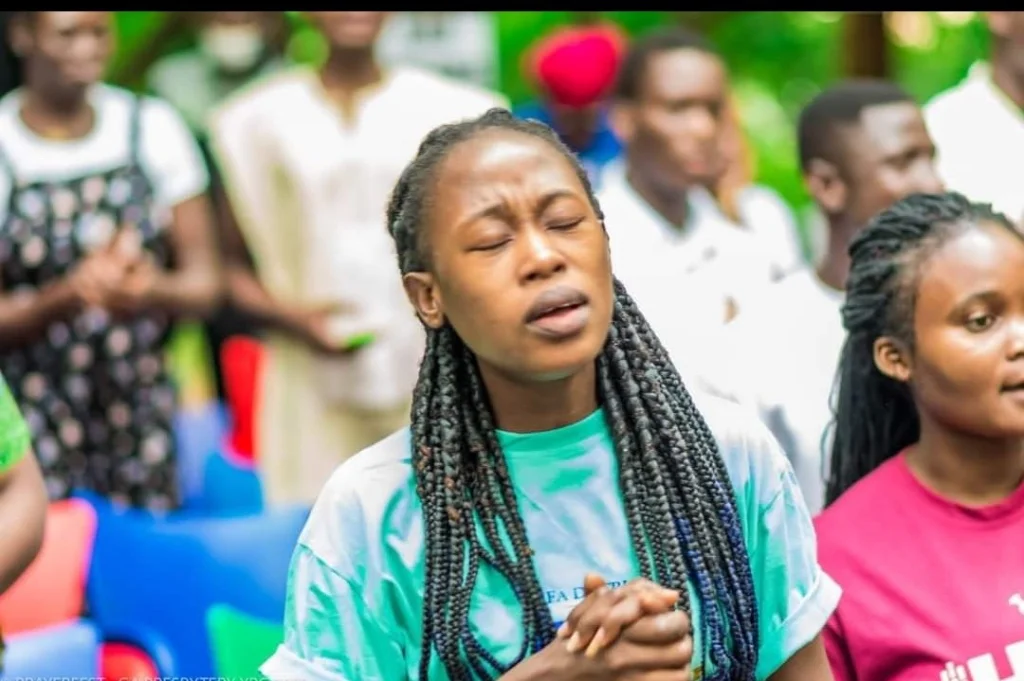Introduction
IN RECENT years, a new phrase has been making rounds in conversations across Ghana, especially among the youth. It is known as the ‘soft life. Ghanaians often share this expression with pride in social media captions and lifestyle content, turning it into a new kind of identity.
The Rise of the Soft Life Culture in Ghana
It is not uncommon to hear young people declare, “I wasn’t born to suffer,” or “I deserve enjoyment.” These words are not only posted online but are lived out in decisions, relationships, spending habits, and even spiritual choices. The soft life is seen as a right, not a privilege.
A Cultural Shift from Struggle to Comfort
In a country where struggle has often defined many people’s stories, the desire to escape that narrative is understandable. But for Christians living in Ghana, a question must be raised. Is this soft life mindset compatible with biblical values? Or is it a modern expression of selfishness in disguise?
What Is the Soft Life Culture?
The soft life culture is more than a preference for ease. It is a lifestyle choice rooted in the desire to avoid stress, hardship, and anything that feels too demanding. It is defined by aesthetics, curated peace, luxury, and a kind of selective detachment from pressure.
A Response to Generational Struggle
In Ghana, this mindset has found fertile ground among urban youth, particularly those who have witnessed the toll that generational struggle has taken on their families. Young people now wish to rewrite that story. They are embracing self-care, choosing convenience, and romanticizing ease.
The Thin Line Between Rest and Entitlement
This question is not wrong in itself. But when this desire for ease is not examined carefully, it can shift from rest to entitlement, from peace to avoidance, and from gratitude to greed.
What Does the Bible Say About Ease and Rest?
The Scriptures do not condemn rest. In fact, the first example of rest is found in God Himself. In Genesis 2, after completing the work of creation, God rested. This was not a result of fatigue but a divine rhythm being established.
Jesus Modeled Rest and Balance
Jesus also demonstrated the value of rest. Often, He withdrew from the crowds to pray, share meals with friends, and sleep. In Mark 6:31, Christ invited His disciples to come away and rest after intense ministry.
Enjoying the Fruit of One’s Labor
The Bible speaks of enjoying the fruit of one’s labor. Ecclesiastes 3:13 reminds us that it is a gift from God to eat, drink, and find satisfaction in our toil. Proverbs encourage wisdom with resources, planning, and peaceful living. Read more on Christian and stewardship and balance.
When Comfort Becomes the Goal
The challenge with the soft life mindset is not rest itself, but the way comfort becomes a destination rather than a moment. When everything in life is designed to avoid discomfort, it becomes difficult to follow Jesus who calls His people to take up their cross daily.
The Danger of Selective Obedience
The Christian life cannot be built only around what is convenient. There are seasons in which God will require difficult decisions. If the heart is trained to expect ease at all times, those seasons will be misinterpreted as punishment.
Soft Life as a Counterfeit Peace
The soft life becomes selfish when it refuses inconvenience. It becomes a counterfeit version of peace when it demands joy without responsibility.
A Ghanaian Reality: Why the Soft Life Is Appealing
In Ghana, life is often hard. The cost of living is high, youth unemployment is widespread, and social expectations are heavy. Young people are trying to survive in systems that seem built to frustrate them.
The Need for Emotional Escape
In such a context, the soft life becomes more than a trend. It becomes a form of emotional escape. It is understandable why a young woman who watched her mother sacrifice everything just to keep food on the table might now want a different experience.
Peace Without Principles Is Fragile
But peace without principles is fragile. Comfort without conviction is hollow. The pursuit of the soft life can become a trap if it is not rooted in something deeper than desire.
The Tragic Case of Yaa Baby: A Soft Life Gone Wrong

One such story is that of Yaa Baby, a young Ghanaian woman who was reportedly shot and killed by her boyfriend, GH Kobby, at Yeji. Though investigations are still ongoing, the case has drawn attention due to the alleged link between her lifestyle expectations and the tragedy.
The Danger of Dependence for Comfort
It is believed that Yaa Baby had become dependent on her boyfriend to maintain a lifestyle she desired. This story reveals a harsh reality: when the pursuit of soft life becomes tied to dependence on others, the risks are high.
The Hidden Effects on the Individual
Weakening of Endurance
Constantly seeking ease reduces the capacity to endure challenges. A person who cannot face inconvenience becomes spiritually and emotionally fragile.
Loss of Contentment
With constant comparison online and pressure to maintain an image, contentment fades. Yesterday’s “enough” quickly becomes today’s “not enough.” Instead of cultivating gratitude, life becomes a chase for more.
Dangerous Dependence
People may begin to rely on unsustainable sources of income or relationships just to keep up appearances. This dependence leads to compromise.
Spiritual Numbness
The soft life may lead to spiritual laziness. Slowly, the heart detaches from God, not because of sin, but because of comfort.
Delay of Purpose
Purpose often requires discipline. The more one avoids difficulty, the more one delays divine assignments.
Identity Crisis
When identity is shaped by lifestyle, it becomes unstable. People begin to live for applause rather than truth.
How Can Christians in Ghana Respond?
Churches must preach the full gospel. God blesses, but He also tests. Testimonies should include endurance, not just overflow. People must learn to serve in and out of season. For a deeper reflection on this imbalance, read Is Over-Spirituality Keeping Ghanaians Poor?
Teaching Value-Based Living Early
Young people must be taught to find their value in God, not in lifestyle. Parents and leaders should model faithfulness.
Celebrating Modest Living
A stable job, a healthy relationship, and a life of peace should be honored, not mocked.
Financial Literacy and Work Ethic
Skills, savings, and godly ambition should be taught. Real success takes time and integrity.
Correcting Church Messages
Churches must preach the full gospel. God blesses, but He also tests. Testimonies should include endurance.
Promoting Kingdom Role Models

Communities should highlight those who live well, give faithfully, and grow slowly. Faithfulness must become fashionable again. Learn more about biblical financial principles.
A Redefinition Is Needed
The soft life is not evil. Wanting rest, peace, and beauty is not sinful. But when that desire becomes central, it pulls the heart away from what matters most.
Conclusion: Choosing a Holy Life Over a Soft Life
Believers in Ghana are being called to something better. Not a hard life, but a holy life. Not endless hustle, but faithful stewardship. Not luxury at any cost, but obedience at all times.
True peace comes from God, not goods. True rest comes from purpose, not escape. True joy comes from walking with Christ, even when the path is not always soft. Let the soft life not be the destination. Let surrender be.





